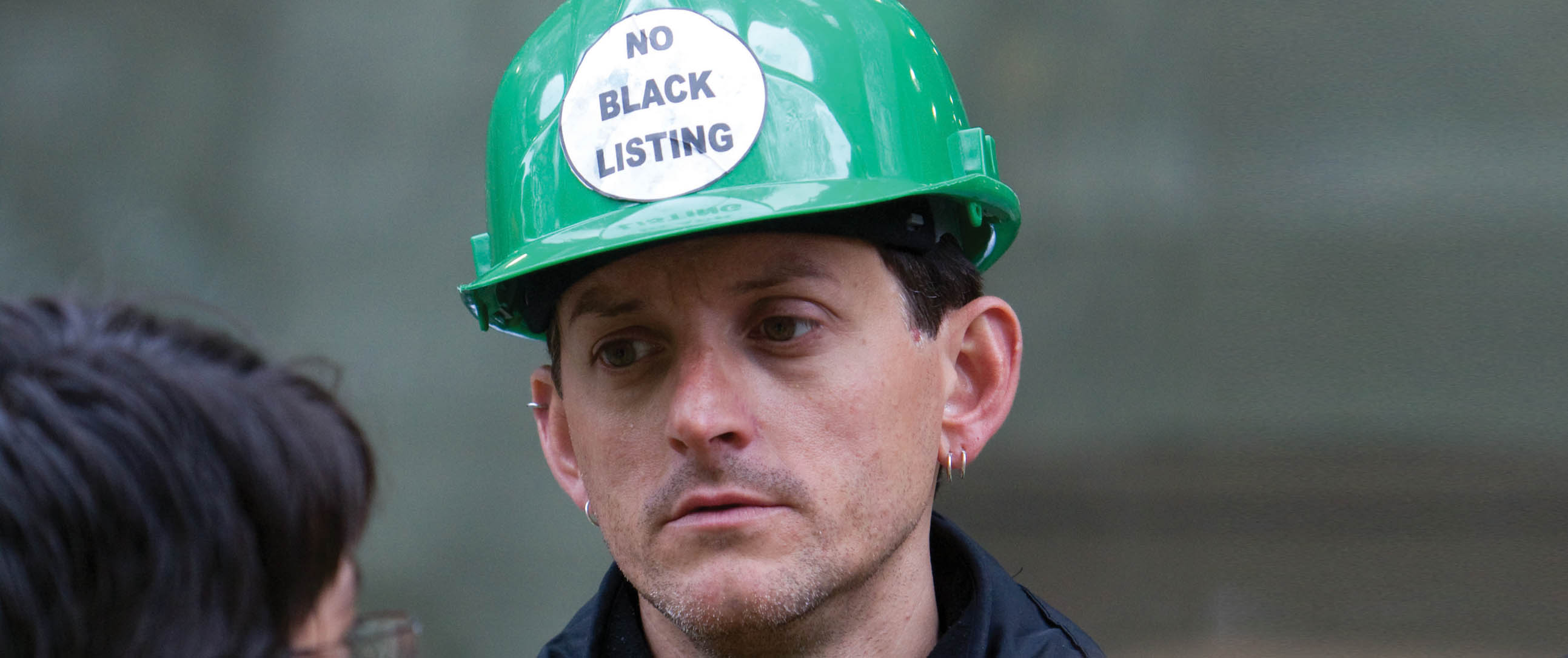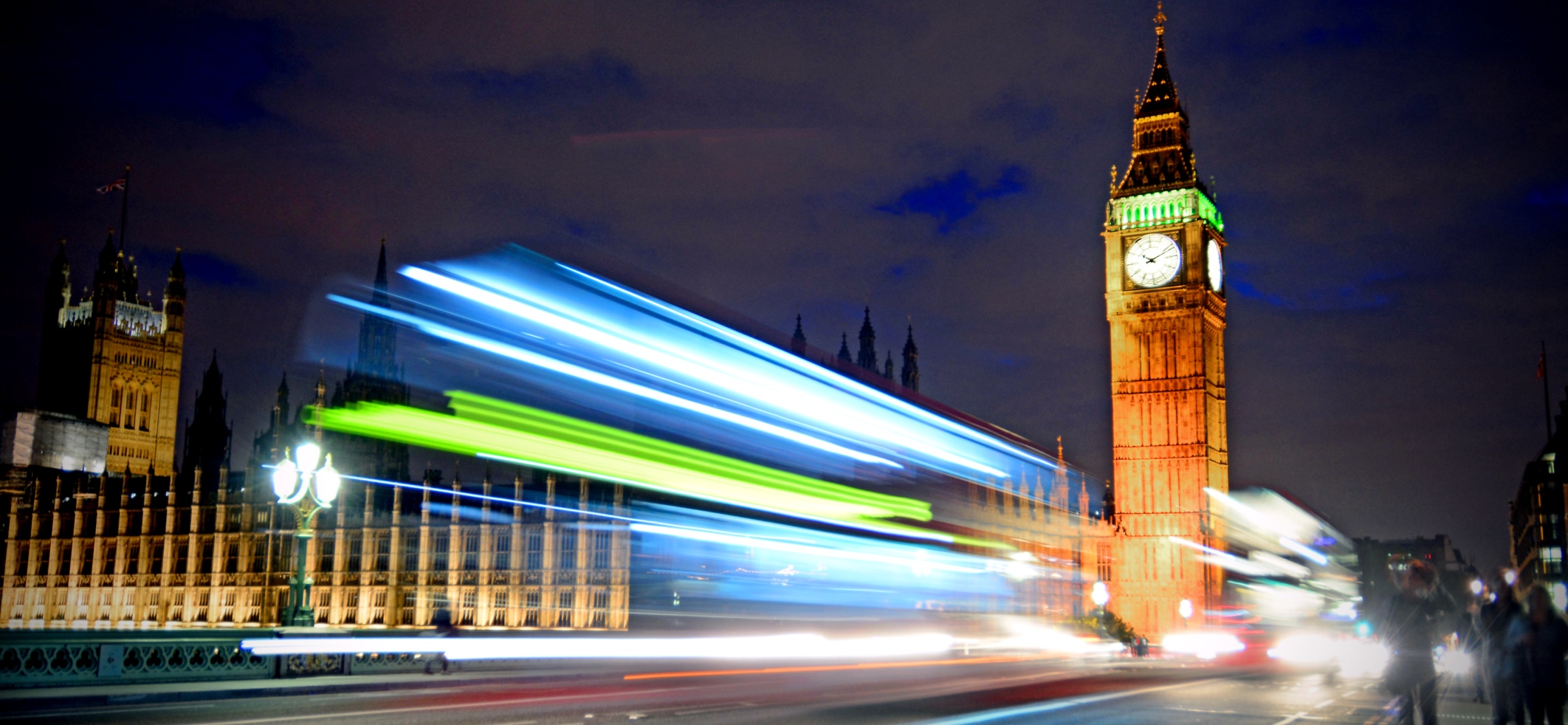â€Draconian assault’
The battle against the Tory trade union Bill will shift to the House of Lords in the next two weeks after the Commons voted it through with some minor amendments.
The Bill remains a draconian assault on workers’ rights and aims to hamstring trade unions in advance of the worst cuts to public services ever seen.
Unite has made clear it will continue to press for modern secure workplace balloting and e-balloting to boost the numbers taking part in strike ballots. The Lords are set to consider amendments backing such moves, despite government opposition.
There were some minor concessions with the Tories dropping the need to give notice of peaceful protests taking place in support of workers in dispute. They also axed the need to give two weeks-notice of use of social media during a strike.
But key attacks on the right to strike – by demanding more than a straightforward majority in a strike ballot – remain in place. The trade union certification officer role will be transformed into a new investigation and policing role backed by £20,000 fines.
In a move more akin to a two-bit dictatorship the Certification Officer will be able to seize documents and tie unions up in red tape. The Bill also ends the payment of trade union fees direct from your pay packet across public services – known as check off.
Secure workplace balloting
Tory MPs voted down attempts at introducing modern secure workplace balloting to boost the numbers taking part in industrial action ballots. They also knocked back Labour attempts to introduce e-balloting, another measure which would boost ballot turn outs.
Previously the Tories have argued that proposals in the trade union Bill to introduce minimum thresholds for industrial action ballots would improve democracy in the workplace.
But Unite believes the current law on strike ballots is outdated, with postal voting the only option available to trade unions wishing to ballot their members.
Although Unite does not accept that the government has made a plausible case for increasing thresholds, the union has always been keen to explore ways by which industrial democracy could be strengthened.
Unite maintains that if the Tories are genuinely interested in improving workplace democracy and bringing workers’ rights into the 21st century as they claim, then unions should be given the ability to run secure workplace ballots for industrial action.
Unite general secretary Len McCluskey said, “Unite’s challenge to the government is to prove that it is genuinely interested in addressing a perceived democratic deficit – not seeking to make it harder for working people to exercise their basic rights.
“So we call upon ministers to sit down with us to discuss effective ways to increase turnout and thresholds in ballots that fit with modern life.”
On October 1, McCluskey wrote to David Cameron saying, “If your government were to embrace modernised and democratic balloting procedures, I believe that the question of meeting the thresholds you propose would be easily resolved.”
Unite has argued there are a number of ways in which ballots can be securely run in the workplace, including a simple ballot paper and register of names, the use of voting machines, electronic booths or via workplace computers.
Increased turn out
Secure workplace balloting, together with other modern digital methods using online and electronic voting, would significantly increase turnout of members and ensure that the genuine views of the workforce can be properly tested.
“Both employers and workers are already used to workplace ballots for trade union recognition,” adds McCluskey, “it therefore makes perfect sense to extend this established, successful arrangement to ensure that trade union members can also vote in industrial action ballots in a secure environment. Progress can be made on this now, with no need for this divisive bill.”
Like Len McCluskey, Unite political director Jennie Formby is most concerned that the government has apparently ignored Unite’s call for increased democracy by including secure workplace balloting in the Bill.
She commented, “If this government is serious about workplace democracy, they will introduce secure workplace balloting and other modern digital balloting methods, as Unite has been pushing them to do for so long.
“Secure workplace balloting is already in operation for statutory trade union recognition ballots run under the Central Arbitration Committee, and has been proven to significantly boost participation, with not one complaint of fraud or intimidation in the 15 years that they have been used.
“We have provided huge amounts of evidence to support this, yet the government keeps up their irrational opposition to it.
“But we will be continuing to fight for these tried and tested – and proven – methods that will bring trade union balloting back into the 21st century.”
And yet this common sense approach seems to have fallen on spectacularly deaf ears.
The Bill also contains measures that attack trade union funding of the Labour Party, a nakedly opportunistic move aimed at slashing the income of the only credible opposition party.
When considered alongside the undemocratic manipulation of the Boundary Commission Review – which will reduce the number of parliamentary seats by 50, most of them Labour – this can only be seen as a cynical and dangerous attempt to keep the government in power permanently.
“The trade union Bill remains a spiteful attack on workers and their unions, some of the most vocal and well organised opponents of Tory austerity, commented Formby.
“It is no surprise that the Tories are trying to rush this through Parliament at the same time they are gearing up for the worst ever assault on public services.
Muzzle
“The Tories want to muzzle trade unions as Osborne continues his sustained attack on public service funding. The trade union Bill battleground has now shifted to the House of Lords who will no doubt realise that hugely controversial areas of this Bill were never in the Tory manifesto.
“The Bill is an assault on trade union, campaigning and political freedom.”
Equally concerned about the Bill is Labour’s shadow minister for trade and industry, Kevin Brennan MP.
“This Bill is the most significant, sustained and partisan attack on the trade union movement in a generation,” he told UniteLive.
“Following union campaigns and pressure from the Labour Party at committee stage, the government announced tiny concessions on plans to introduce even tighter restrictions on union pickets and protests.
“However we believe the Bill still contains many draconian measures which violate the civil liberties of trade unions and their members.
“Our colleagues in the Lords will continue the fight to ensure that basic rights for working people are protected.”
 Like
Like Follow
Follow


